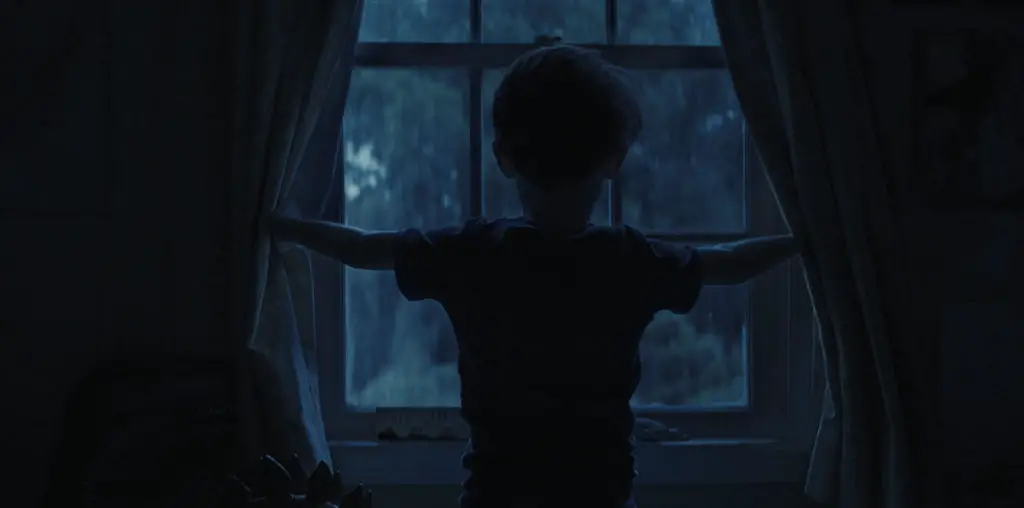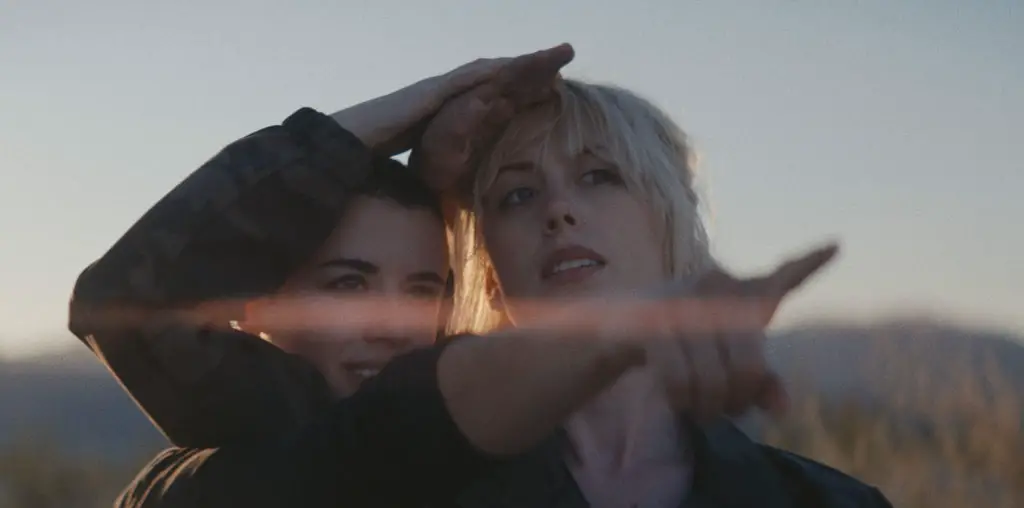
“The Folk Singer: A Tale of Men, Music and America” proves two things: M.A. Littler (“The Road to Nod”) is a powerful filmmaker who gets It, and Jon Konrad Wert (Possessed by Paul James) is an equally powerful musician who also gets It. Neither of these men are household names, but in a perfect world they would be. Unfortunately, we live on a planet where perception is everything, talent only gets you so far and art is marketed and imitated until it loses any semblance of originality. Enter these two men.
M.A. Littler uses this film to return to the realm of non-fiction. It isn’t necessarily a documentary, but it is a journey. He takes his passion of American blues (our birthright), folk and other Southern comforts and combines it with his love of the acts on Voodoo Rhythm Records (a music label out of Switzerland that puts out some of the best rock, blues, country, folk, swamp rock that you will ever hear). What he creates isn’t another documentary on the record label, as he already did that, but instead a focus on one of its artists — Jon Konrad Wert.
Wert is Possessed By Paul James, an act that is as real and raw as a Kentucky moonshine operation. It is more bluesy than folk (at least in my opinion), but all the trappings are there to make it an experience none will soon forget. The beauty of this film, however, is not that Littler concentrates on Wert or his music. No, he lets the camera follow the musician around as he discusses things like art versus commercial viability, balancing responsibility with the financial instability associated with being a musician, religion, the state of America and so on with his artistic peers and other people. These discussions don’t produce any hard and fast answers, but do raise many interesting points to ponder. Every single artist I’ve ever known (musician or otherwise) has had these conversations. If you aren’t lucky enough to have engaged in them, this film will prove to be eye opening.
There is one scene part way through the film that exemplifies Littler’s filmmaking style (which is just as real as Wert’s music) and Wert the man. Wert is sitting out in the middle of nowhere in the deep South with a few other musician buddies. They have rifles in hand. They are discussing the state of the American economy, which at the time the scene had to have been filmed, hadn’t yet reached the meltdown stage that helped put Obama in office. They talk about how the collapse is coming and how this may bring around positive change. Alcohol is consumed, and a joint is passed around. Cut to the men shooting at bottles. It is an inspired scene that not only puts the spotlight on Wert and Littler, but also America. It is symbolism at its finest, but yet so very natural. This is the type of filmmaking that makes Littler a director worth watching.
A film that is all about talking (with some great music thrown in) is not an easy task to pull off. We live in a world where movies are supposed to be entertainment… even to the more intellectual among us. There’s supposed to be a beginning, middle and end — a story to be told. Even many documentaries follow this limiting but utilitarian format. “The Folk Singer” does not. It is a meandering film that is far more complex than what most people are used to in a movie, and that alone ensures that not enough people will give it a chance. That is, quite frankly, a shame, as this is probably one of the best films to come out of 2008. There are no superheroes, no celebrity-voiced animated pandas, or bullwhip-wielding senior citizens, but there is plenty of mental stimulation and music that absolutely pounds the crap out of what you hear on the radio on a daily basis. If that doesn’t get you to watch it, you’re already dead.


